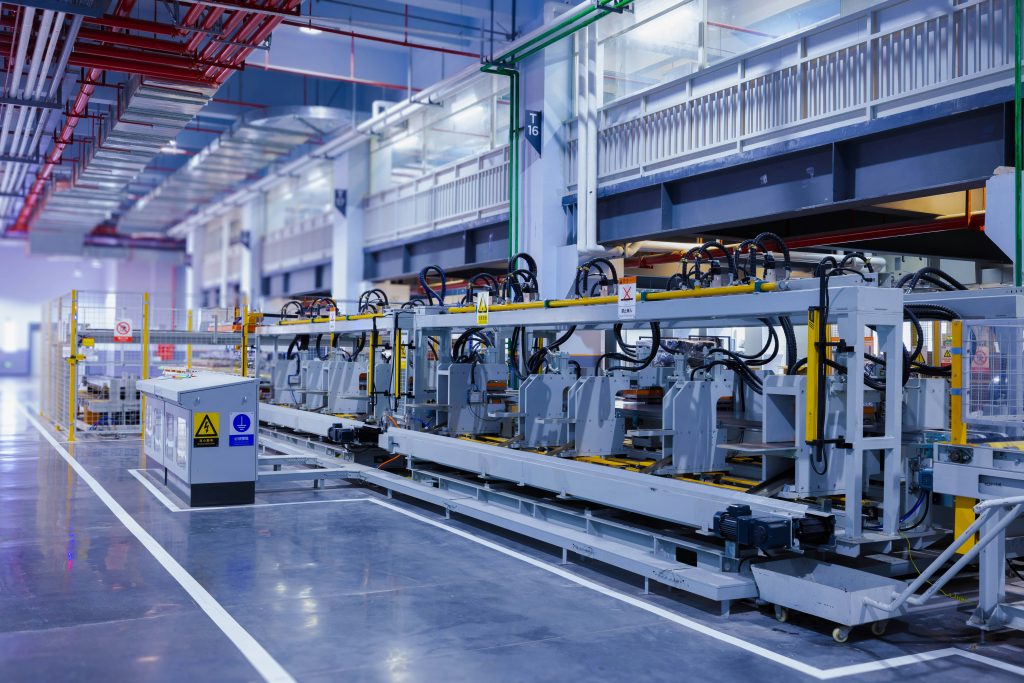One of the most disruptive forces in contemporary society is artificial intelligence (AI), which is changing economies, industries, and our daily lives in previously unthinkable ways. The disruptive technologies and ongoing surge of innovation propelling AI forward are at the core of this change. Not only are these developments enhancing current systems, but they are also fundamentally altering the way we live, work, and engage with the world.
In this blog, we will look at the idea of innovation and disruptive technologies in artificial intelligence, its main uses, and how they have the potential to upend entire industries and society.
Artificial Intelligence – Innovation and Disruption
Before we dive further into particular technologies, let’s clarify what does innovation and disruption mean, in the context of AI.
Innovation
The process of developing novel concepts, procedures, or goods that drastically advance or revolutionize current technologies is referred to as innovation. This could include new AI algorithms, more effective models, or innovative applications that address issues in more significant or efficient ways.
Photo by Maximalfocus on Unsplash
Disruptive Technologies
Innovations that radically alter current markets, industries, or behaviours are referred to as disruptive technology; these innovations frequently displace long-standing corporate structures and technologies. Everything from manufacturing and healthcare to banking and customer service has been upended by AI-driven advances, especially in the fields of robotics, machine learning (ML), and natural language processing (NLP).
Groundbreaking Disruptive Technologies in AI
The current AI revolution is being propelled by a number of innovative technologies. Let’s explore a few of the most significant ones:
1. Deep learning and machine learning
Machine learning (ML), especially deep learning (DL), drives AI’s disruptive potential by enabling machines to learn from data, identify patterns, and make decisions with minimal human input. Neural networks, which simulate the human brain’s processing, are key to advances in computer vision, speech recognition, and natural language processing.
By producing material like literature, music, and images, generative AI—which includes deep learning models like Generative Adversarial Networks (GANs) and transformers (e.g., GPT models)—has elevated innovation to new levels.

2. Natural Language Processing
Natural language processing (NLP) enables machines to understand, interpret, and generate human language. Recent advancements, particularly transformer models like GPT-3, allow AI to produce human-like language, understand context, and engage in meaningful conversations. NLP-powered tools, such as chatbots and virtual assistants, are now integral to daily life, while improvements in language translation are breaking down global communication barriers.
3. Robotics and Automation
Robotics, when combined with AI, is driving major innovation in manufacturing, logistics, healthcare, and even service industries. Robots powered by AI can perform tasks that require dexterity, precision, and adaptability. AI-driven automation is streamlining operations, reducing human error, and increasing efficiency across various industries.

4. Autonomous systems and AI
Another significant area of AI innovation and disruption is the creation of autonomous systems, such drones and self-driving cars. To function without human assistance, these systems use artificial intelligence (AI), machine learning, sensor data, and sophisticated algorithms. Businesses that are already making progress in this area include Tesla, Waymo, and Cruise.AI-powered drones are revolutionizing fields like surveillance, agriculture (crop monitoring and spraying), and delivery (e.g., Amazon Prime Air).
5. Healthcare

AI is driving major innovations in healthcare, from early diagnosis to personalized medicine and drug discovery. In medical imaging, AI algorithms analyze scans (like X-rays and MRIs) with high accuracy, often surpassing human doctors in detecting conditions such as cancer, heart disease, and neurological disorders. In drug discovery and genomics, AI accelerates the identification of new drugs, predicts protein structures, and analyzes genomic data to create personalized treatment plans.
6. Edge Computing
Edge computing processes data near its source, reducing reliance on centralized cloud servers. This is crucial for real-time AI applications in wearables, smart devices, and IoT. Using AI models on edge devices enables faster decision-making and lower latency, with applications like driverless cars relying on real-time sensor data analysis.
AI Ethical Issues and Challenges
As AI continues to transform industries, it’s crucial to consider its ethical and societal impact. Without proper design and regulation, AI systems may reinforce biases, especially in areas like hiring, law enforcement, and healthcare. Additionally, while AI is displacing traditional jobs, it is also creating new opportunities, particularly in manufacturing, customer service, and transportation.

In conclusion, AI is dramatically reshaping industries and how people interact with the world, advancing fields like robotics, autonomous systems, machine learning, and natural language processing. While these innovations offer many benefits, they also present challenges that require careful consideration of their societal, ethical, and financial impacts.
The key to realizing AI’s full potential is finding a balance between innovation and responsibility, ensuring these technologies are developed and applied in ways that benefit society as a whole. The future of AI should focus on creating a fair, safe, and prosperous world for everyone, not just advancing technology.
The MBA in Artificial Intelligence sounds like an exciting and forward-thinking program! With AI becoming an integral part of many industries, it’s critical for business leaders to understand both the opportunities and challenges that come with its implementation. This kind of program could help professionals not only manage AI technologies but also leverage them to enhance business strategy and operations.
Consider enrolling in our online MBA Artificial Intelligence programme today to build your career in this field.
You could also get in touch with our team of Education Advisers on WhatsApp, who can have a look at your profile and give you some advice. If you have already made up your mind, click here to apply.
More so, it sounds like connecting with current students or alumni would be a great way to get firsthand insights into the program and its impact. Student ambassadorscan provide valuable perspectives on the curriculum, faculty, and overall experience of the MBA in Artificial Intelligence.


